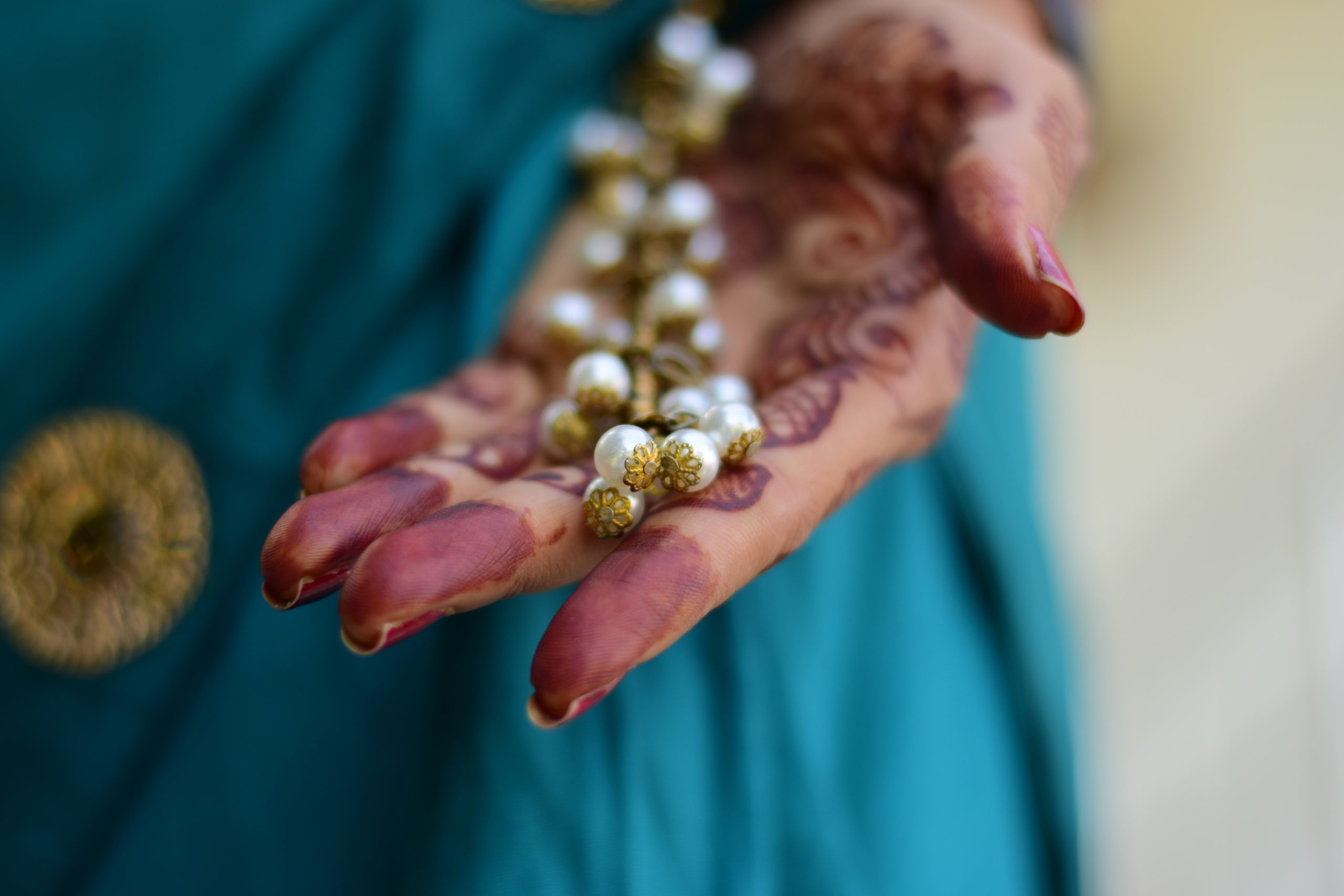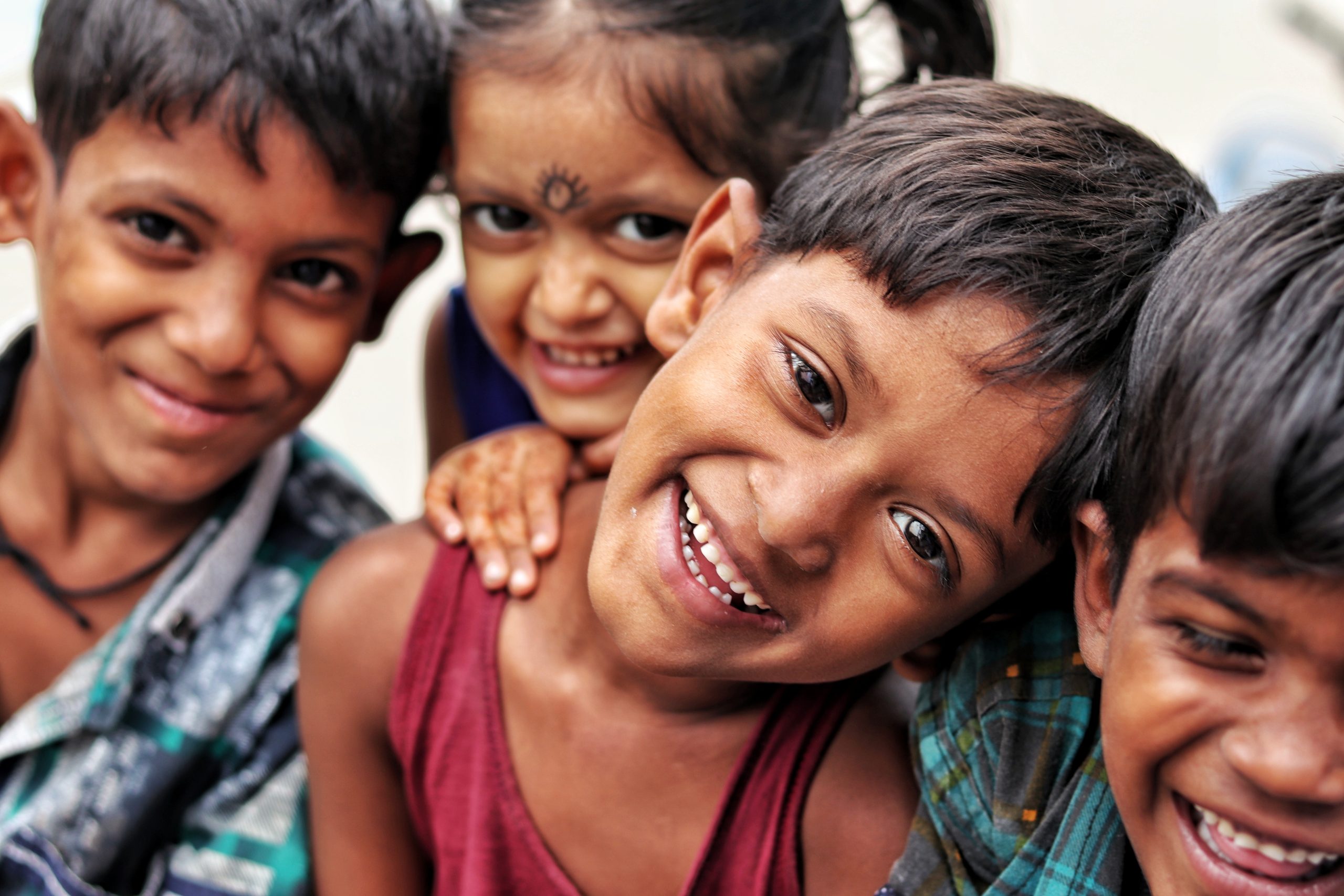The Council on Minority Rights in India (CMRI) is a human rights organization dedicated to protecting the freedom of all ethnic and faith minorities in India.
India is widely admired around the globe as the largest model of democracy. CMRI works to eradicate any policies of religious persecution and discrimination that threaten this celebrated legacy.
A 501(c)3 non-profit establishment, CMRI endeavors for Indian minority communities to lead prosperous, productive lives regardless of their religious, ethnic or societal affiliations. We believe the Constitution of India is the leading exemplar of tolerance and inclusivity and strive to ensure its core values are upheld across India.
We are committed to protecting all Indian minorities from oppression and prejudice. CMRI repudiates nationalistic sentiments and agendas that diminish the rights and prosperity of minority groups in India. At its core, the foundation of CMRI’s mission is to promote diversity and religious acceptance throughout India.


